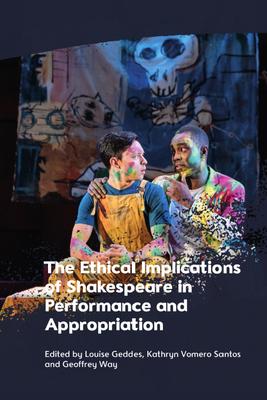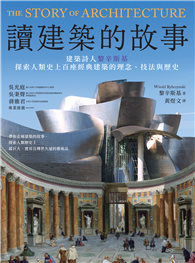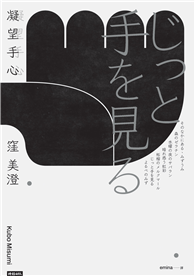Bringing together the discrete fields of appropriation and performance studies, this collection explores pivotal intersections between the two approaches to consider the ethical implications of decisions made when artists and scholars appropriate Shakespeare. The essays in this book, written by established and emerging scholars in subfields such as premodern critical race studies, gender and sexuality studies, queer theory, performance studies, adaptation/appropriation studies and fan studies, demonstrate how remaking the plays across time, cultures or media changes the nature both of what Shakespeare promises and the expectations of those promised Shakespeare. Using examples such as rap music, popular television, theatre history and twentieth-century poetry, this collection argues that understanding Shakespeare at different intersections between performance and appropriation requires continuously negotiating what is signified through Shakespeare to the communities that use and consume him.
| FindBook |
有 1 項符合
The Ethical Implications of Shakespeare in Performance and Appropriation的圖書 |
 |
The Ethical Implications of Shakespeare in Performance and Appropriation 出版社:Edinburgh University Press 出版日期:2024-04-30 語言:英文 規格:精裝 / 224頁 / 普通級/ 初版 |
| 圖書館借閱 |
| 國家圖書館 | 全國圖書書目資訊網 | 國立公共資訊圖書館 | 電子書服務平台 | MetaCat 跨館整合查詢 |
| 臺北市立圖書館 | 新北市立圖書館 | 基隆市公共圖書館 | 桃園市立圖書館 | 新竹縣公共圖書館 |
| 苗栗縣立圖書館 | 臺中市立圖書館 | 彰化縣公共圖書館 | 南投縣文化局 | 雲林縣公共圖書館 |
| 嘉義縣圖書館 | 臺南市立圖書館 | 高雄市立圖書館 | 屏東縣公共圖書館 | 宜蘭縣公共圖書館 |
| 花蓮縣文化局 | 臺東縣文化處 |
|
|
內容簡介
作者簡介
Louise Geddes is Professor of English at Adelphi University, USA. She is the author of Appropriating Shakespeare: A Cultural History of Pyramus and Thisbe and with Valerie M. Fazel she has co-authored The Shakespeare Multiverse: Fandom as Literary Praxis and co-edited The Shakespeare User: Creative and Critical Appropriation in Networked Culture and Variable Objects: Speculative Shakespeare Appropriation. She has had articles published in Shakespeare Bulletin, Medieval and Renaissance Drama in England, Shakespeare and Shakespeare Survey. She is currently general co-editor of the open access journal Borrowers and Lenders: The Journal of Shakespeare Appropriation.
Kathryn Vomero Santos is Assistant Professor of English and co-director of the Humanities Collective at Trinity University. She is currently completing a book entitled Shakespeare in Tongues for the Spotlight on Shakespeare series (Routledge, 2024). With Katherine Gillen and Adrianna M. Santos, she co-founded the Borderlands Shakespeare Colectiva, which has received funding from the Mellon Foundation and the National Endowment for the Humanities. Together, they are editing The Bard in the Borderlands: An Anthology of Shakespeare Appropriations en La Frontera (ACMRS Press, 2023 and 2024).
Geoffrey Way is the Manager of Publishing Futures for the Arizona Center for Medieval and Renaissance Studies and ACMRS Press, where he serves as the Managing Editor for The Sundial and Borrowers and Lenders. He has published on Shakespeare, appropriation, digital media, and performance in Shakespeare Bulletin, Borrowers and Lenders, Journal of Narrative Theory, and Humanities, and in several edited collections. With Vanessa Corredera and L. Monique Pittman, he is also co-editor of Shakespeare and Cultural Appropriation (Routledge, 2023).
|











